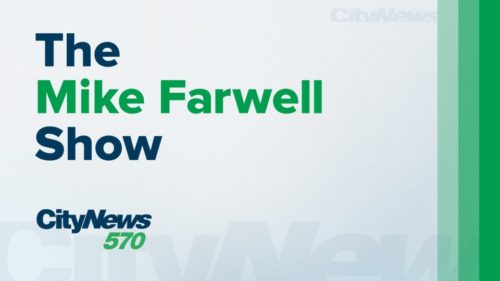Op-Ed: Tom Galloway Advances the Upstream Conversation
 Waterloo Region Crime Prevention Council Member Tom Galloway recently joined Mike on The Mike Farwell Show to advance the upstream conversation. You can listen to the conversation by clicking here and jumping ahead to 21:54.
Waterloo Region Crime Prevention Council Member Tom Galloway recently joined Mike on The Mike Farwell Show to advance the upstream conversation. You can listen to the conversation by clicking here and jumping ahead to 21:54.
To read the op-ed Tom and Mike were discussing, please keep reading below. Let us know what you think and share your thoughts by tweeting us @PreventingCrime on Twitter.
The following op-ed was written by Tom Galloway and shared with his permission.
Upstream Thinking
In his book, “Less Law More Order, The Truth About Preventing Crime”, Irvin Waller, the University of Ottawa Criminology Professor and the Founding CEO of the International Centre for Crime Prevention writes in the Introduction:
“So, I have written this book so that intelligent readers will be aware of the truth and good sense that would prevent crime and have their taxes spent more judiciously – pun intended”
Irvin’s book goes on to chronicle case study after case study that conclude empirically that social development activities dealing with root causes and social determinants of health, play a primary role in reducing poor health, and criminal justice outcomes for many among us, particularly racialized and marginalized communities, poor people and those with mental health issues.
I had the good fortune a few years ago to travel to Winnipeg with Professor Waller along with Christiane Sadeler, then the Executive Director of the Waterloo Region Crime Prevention Council(WRCPC) and Chief Bryan Larkin. Our role was to sell the City of Winnipeg on establishing a similar CPC community organization. My conversations with Professor Waller further crystalized my understanding of how “upstream” initiatives (social development) cause much bigger positive social and health outcomes including criminal justice outcomes; initiatives like affordable housing, addictions, youth engagement, parental supports. The positive effects are first and foremost human; better socio-economic and health outcomes and fewer criminal justice interactions. But there is also a financial payoff; research shows that for every dollar spent on social development (upstream) at least 7 dollars is saved in the social, health, and criminal justice systems (downstream). Some say its even greater than 7 dollars.
The conundrum is that saving the 7 dollars is not immediate. Time is required for the social development activity to bear fruit. Unfortunately, in the meantime, the immediate needs of the health, and criminal justice systems suck up all the oxygen and continue to grow exponentially (e.g. Police, Courts, Corrections). We pour more money into fixing people’s health and criminal justice issues and into enforcement activities rather than preventing the issues in the first place. We must find a way to reverse this and find new or redirected funding.
There are some positive signs in our community. First there is clear evidence that more and more people are understanding this upstream/downstream relationship and the dilemma around funding. There is more advocacy and activism than ever before. The evidence has been around for a long time; however, I am heartened by the newly elevated level of community understanding and discourse.
And there is movement in local initiatives towards a more “upstream” approach. As an example, the Waterloo Region Crime Prevention Council is anticipating a new relationship with Community Justice Initiatives to create a “Justice Centre” rooted in upstream and restorative principles.
And Regional Council has directed staff to report back to Council on the manner of having a broad community conversation on a local Upstream philosophy and approach.
And there are other developments as well.
My various involvements in the community have changed and shaped my understanding of how upstream activities can reduce the need for the downstream ones but most importantly will improve human outcomes. We need to continue this process. We will need community and political support. We will need support from senior levels of government. And we will need to measure the outcomes over time.
Tom Galloway
Kitchener
